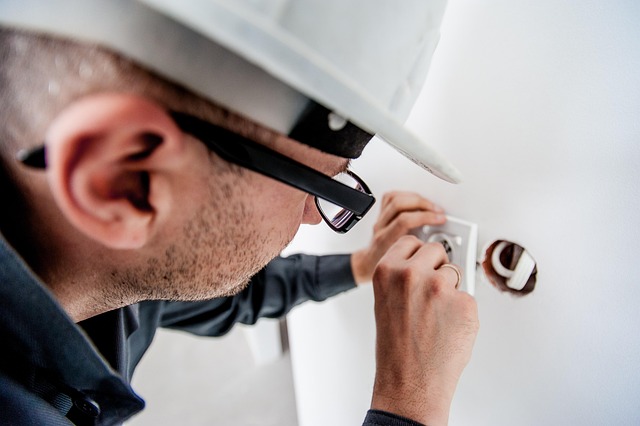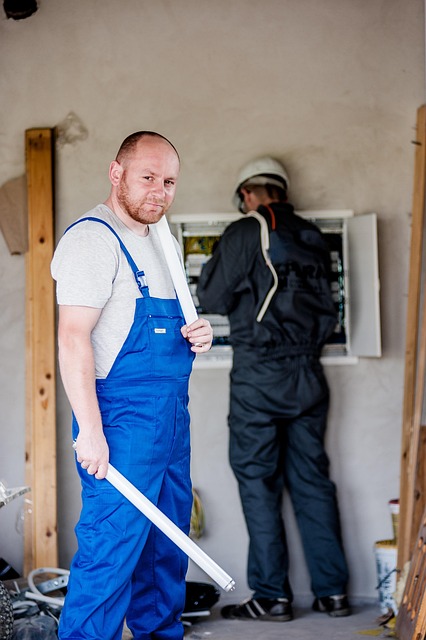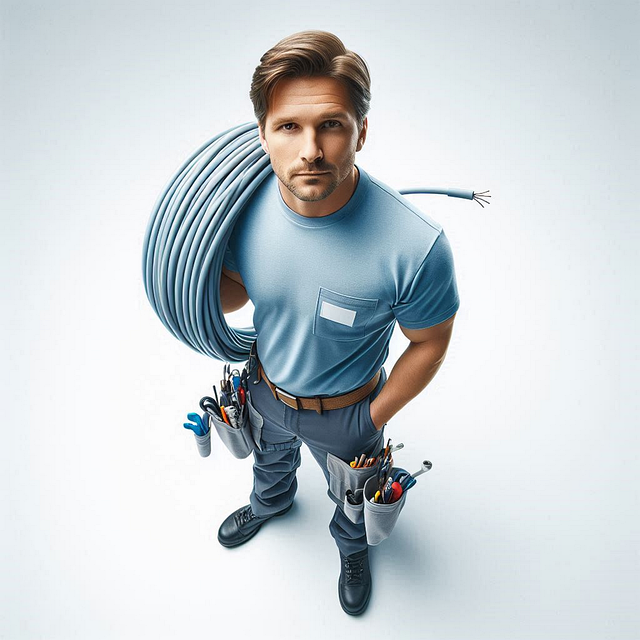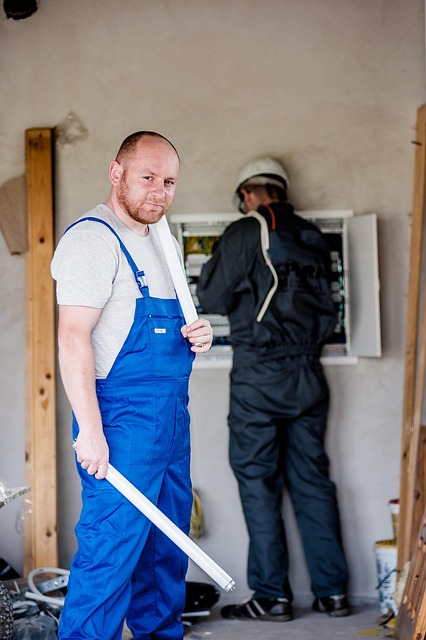Basic electrical safety measures are crucial for all electrical systems. Electricians educate users, ensure safe installations, and adhere to standards. Precautions include inspections, maintenance, proper tools, circuit management, fire hazard identification, and understanding protection devices. Regular maintenance by licensed electricians prevents dangers, ensures compliance, extends appliance lifespans, and offers peace of mind. Electricians mitigate high-voltage risks through specialized gear, protocols, and thorough inspections to protect personnel and property.
“Electrical systems are integral to modern living, but their safe usage and maintenance are often overlooked. This comprehensive guide aims to empower clients with essential knowledge on electrical safety practices. From understanding basic measures like grounding to identifying hazards in your home, we cover it all. Learn about correct installation techniques, the importance of regular checks, and safe handling of high-voltage equipment—essential insights for both homeowners and professionals seeking to protect their loved ones and properties from potential electrical risks with expert advice from a qualified electrician.”
- Understanding Basic Electrical Safety Measures
- Correct Installation Practices for Home Wiring
- Regular Maintenance Checks: Preventive Care for Electricity Systems
- Identifying and Mitigating Common Electrical Hazards
- Safe Handling of High-Voltage Equipment
Understanding Basic Electrical Safety Measures

Understanding basic electrical safety measures is crucial when dealing with any electrical system, be it at home or in a commercial space. As a client, knowing these fundamentals can help prevent accidents and reduce the risk of electrical hazards. A qualified electrician plays a vital role in educating users about safe practices, ensuring that all systems are installed correctly and meet necessary safety standards.
Some essential safety measures include regular inspection and maintenance, proper grounding, and using insulated tools when working with live wires. It’s also important to avoid overloading circuits, identifying potential fire hazards, and understanding the basics of circuit breakers and fuses. Remember, a little knowledge can go a long way in keeping your environment safe from electrical risks.
Correct Installation Practices for Home Wiring

When it comes to home wiring, correct installation practices are paramount to ensuring safety and longevity. It’s crucial to understand that DIY projects involving electrical systems can be risky if not approached with caution. Always consult a licensed electrician for complex or unfamiliar tasks. They possess the expertise to identify potential hazards and adhere to local building codes, guaranteeing a secure setup.
Proper installation involves using the right tools, materials, and following specific guidelines. This includes appropriately sizing wiring for current demands, selecting suitable connectors, and ensuring proper grounding. Regular inspections and up-to-date electrical panels are essential components of safe home wiring, ultimately preventing short circuits, fires, or other hazardous scenarios.
Regular Maintenance Checks: Preventive Care for Electricity Systems

Regular maintenance checks are an essential part of ensuring your electrical systems function safely and efficiently. Just like any complex machinery, electrical systems require regular attention to maintain optimal performance and prevent unexpected failures. A qualified electrician can perform comprehensive inspections that include checking for worn-out components, loose connections, and signs of damage or wear.
By scheduling preventive care for your electricity system, you can avoid costly repairs, minimize the risk of electrical fires, and ensure compliance with safety standards. Regular maintenance also helps extend the lifespan of your electrical appliances and fixtures, saving you money in the long run. It’s a proactive approach that demonstrates smart home ownership and peace of mind.
Identifying and Mitigating Common Electrical Hazards

Identifying and mitigating common electrical hazards is a critical aspect of electrician services. Many risks, such as overloaded circuits, faulty wiring, and outdated fixtures, can lead to serious accidents or fires if left unaddressed. A qualified electrician plays a vital role in identifying these dangers during inspections and implementing solutions tailored to each home or business.
By employing up-to-date safety protocols and utilizing high-quality components, electricians can significantly reduce the likelihood of electrical failures. Regular maintenance checks, proper grounding, and surge protection are key strategies used to safeguard against potential hazards. These proactive measures ensure not only the integrity of the electrical system but also peace of mind for homeowners and business owners alike.
Safe Handling of High-Voltage Equipment

When dealing with high-voltage equipment, safety is paramount. Electricians, as trained professionals, understand the unique risks associated with such systems and adhere to strict protocols to mitigate potential hazards. The proper handling of high-voltage gear requires specialized knowledge and equipment to minimize the risk of electrical shocks, fires, or explosions.
For instance, working on power lines or high-tension transformers necessitates wearing protective gear like insulated gloves, boots, and clothing. Maintaining a safe distance from live wires and using tools designed for high-voltage work is crucial. Regular maintenance and inspection of these systems by qualified electricians further ensure their safe operation, preventing catastrophic failures and protecting both personnel and property.
By educating yourself on these essential electrical safety practices, you empower yourself to protect your home and family. Whether it’s understanding basic safety measures, learning about proper installation, or identifying common hazards, these knowledge points are crucial for any homeowner. Remember, a qualified electrician is always there to assist with complex issues or offer guidance tailored to your specific needs. Stay safe, stay informed, and enjoy the peace of mind that comes with knowing your electrical systems are in top condition.
